
The 2000 North Rhine-Westphalia state election was held on 14 May 2000 to elect the 13th Landtag of North Rhine-Westphalia. The outgoing government was a coalition of the Social Democratic Party (SPD) and The Greens led by Minister-President Wolfgang Clement.

The 2005 North Rhine-Westphalia state election was held on 22 May 2005 to elect the 14th Landtag of North Rhine-Westphalia. The outgoing government was a coalition of the Social Democratic Party (SPD) and The Greens led by Minister-President Peer Steinbrück.
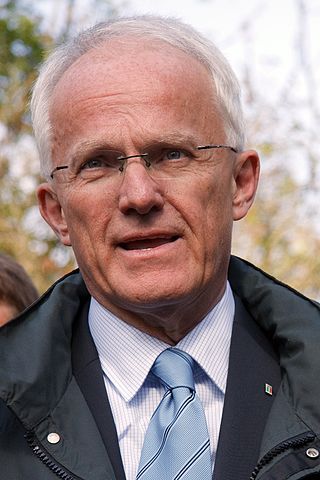
The 2010 North Rhine-Westphalia state election was held on 9 May 2010 to elect the 15th Landtag of North Rhine-Westphalia. The outgoing government was a coalition of the Christian Democratic Union (CDU) and Free Democratic Party (FDP) led by Minister-President Jürgen Rüttgers.

The 1995 North Rhine-Westphalia state election was held on 14 May 1995 to elect the 12th Landtag of North Rhine-Westphalia. The outgoing government was a majority of the Social Democratic Party (SPD), led by Minister-President Johannes Rau.

The 1990 North Rhine-Westphalia state election was held on 13 May 1990 to elect the 11th Landtag of North Rhine-Westphalia. The outgoing government was a majority of the Social Democratic Party (SPD), led by Minister-President Johannes Rau.

The 2022 Saarland state election was held on 27 March 2022 to elect the 17th Landtag of Saarland. The outgoing government was a coalition of the Christian Democratic Union (CDU) and Social Democratic Party (SPD) led by Minister-President Tobias Hans.
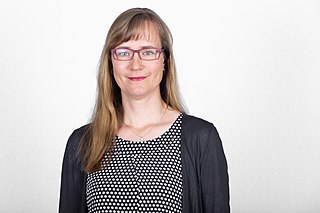
The 2021 Saxony-Anhalt state election was held on 6 June 2021 to elect the 8th Landtag of Saxony-Anhalt. The outgoing government was coalition of the Christian Democratic Union (CDU), Social Democratic Party (SPD), and The Greens, led by Minister-President Reiner Haseloff.

The 2021 Rhineland-Palatinate state election was held on 14 March 2021 to elect the 18th Landtag of Rhineland-Palatinate. The outgoing government was a "traffic light coalition" of the Social Democratic Party (SPD), Free Democratic Party (FDP), and The Greens led by Minister-President Malu Dreyer.
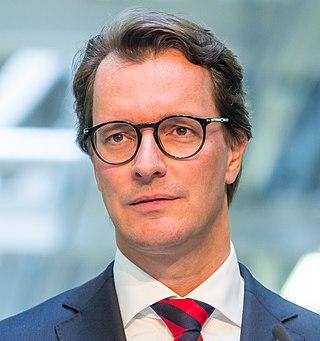
The 2022 North Rhine-Westphalia state election was held on 15 May 2022 to elect the 18th Landtag of North Rhine-Westphalia. The outgoing government was a coalition of the Christian Democratic Union (CDU) and Free Democratic Party (FDP) led by Minister-President Hendrik Wüst.
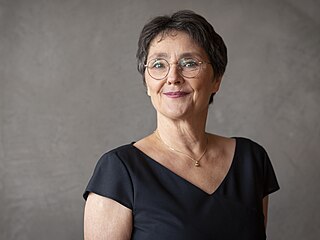
The 2022 Schleswig-Holstein state election was held on 8 May 2022 to elect the 20th Landtag of Schleswig-Holstein. The outgoing government was a coalition of the Christian Democratic Union (CDU), The Greens, and the Free Democratic Party (FDP), led by Minister-President Daniel Günther.

The 1966 North Rhine-Westphalia state election was held on 10 July 1966 to elect the 6th Landtag of North Rhine-Westphalia. The outgoing government was a coalition of the Christian Democratic Union (CDU) and Free Democratic Party (FDP) led by Minister-President Franz Meyers.

The 1970 North Rhine-Westphalia state election was held on 14 June 1970 to elect the 7th Landtag of North Rhine-Westphalia. The outgoing government was a coalition of the Social Democratic Party (SPD) and Free Democratic Party (FDP) led by Minister-President Heinz Kühn.

The 1975 North Rhine-Westphalia state election was held on 4 May 1975 to elect the 8th Landtag of North Rhine-Westphalia. The outgoing government was a coalition of the Social Democratic Party (SPD) and Free Democratic Party (FDP) led by Minister-President Heinz Kühn.
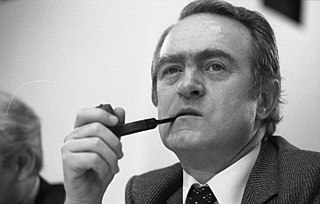
The 1980 North Rhine-Westphalia state election was held on 11 May 1980 to elect the 9th Landtag of North Rhine-Westphalia. The outgoing government was a coalition of the Social Democratic Party (SPD) and Free Democratic Party (FDP) led by Minister-President Johannes Rau.

The 1947 North Rhine-Westphalia state election was held on 20 April 1947 to elect the 1st Landtag of North Rhine-Westphalia. Prior to the election, the state was governed by a parliament appointed by British occupying authorities comprising 100 members from the Rhineland and 100 from Westphalia, and later four from Lippe. The outgoing government was an all-party coalition headed by Rudolf Amelunxen.

The 1950 North Rhine-Westphalia state election was held on 18 June 1950 to elect the 2nd Landtag of North Rhine-Westphalia. The outgoing government was a coalition of the Christian Democratic Union (CDU), Social Democratic Party (SPD), and Centre Party led by Minister-President Karl Arnold.

The 1954 North Rhine-Westphalia state election was held on 27 June 1954 to elect the 3rd Landtag of North Rhine-Westphalia. The outgoing government was a coalition of the Christian Democratic Union (CDU) and Centre Party led by Minister-President Karl Arnold.

The 1958 North Rhine-Westphalia state election was held on 6 July 1958 to elect the 4th Landtag of North Rhine-Westphalia. The outgoing government was a coalition of the Social Democratic Party (SPD), Free Democratic Party (FDP) and Centre Party led by Minister-President Fritz Steinhoff.
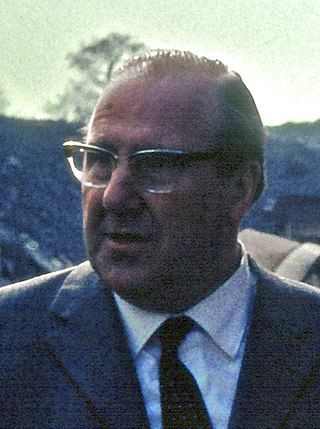
The 1962 North Rhine-Westphalia state election was held on 8 July 1962 to elect the 5th Landtag of North Rhine-Westphalia. The outgoing government was a majority of the Christian Democratic Union (CDU) led by Minister-President Franz Meyers.

The 1954 Hessian state election was held on 28 November 1954 to elect the 3rd Landtag of Hesse. The outgoing government was a majority of the Social Democratic Party (SPD) led by Minister-President Georg-August Zinn.


















